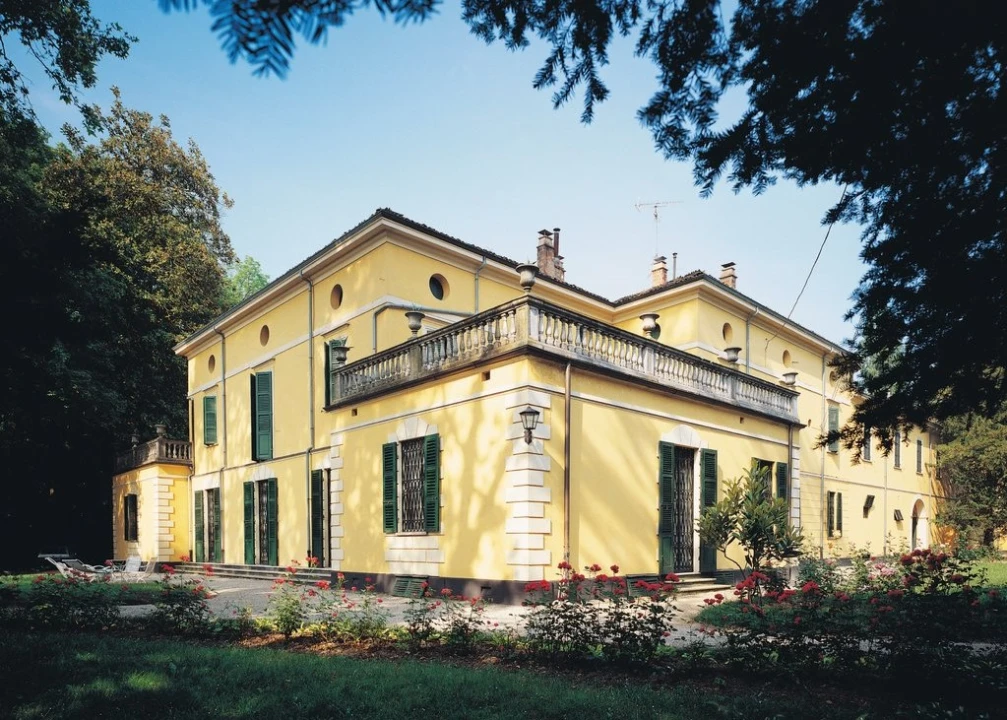While working on “Otello” and “Falstaff,” his final two operas, the composer Giuseppe Verdi tucked dozens of pages of musical drafts and sketches into folders, scribbling on their covers: “Burn these papers.” Fortunately, his heirs never carried out those orders. But for years, scholars have complained that for all the access they had to them, those pages might as well have been lost. Locked in a trunk kept at the composer’s home in Sant’Agata, in northern Italy, only select specialists were allowed to peruse them, mostly at the discretion of Verdi’s heirs.
Academics grumbled that requests to study the papers went unanswered. “It was intolerable that scholars couldn’t easily get their hands on the material,” said Sandro Cappelletto, the editor of Studi Verdiani, the journal of the National Institute of Verdi Studies. “We had access to Rossini’s papers, Bellini’s papers. Why should 5,000 of Verdi’s papers remain unread?”



